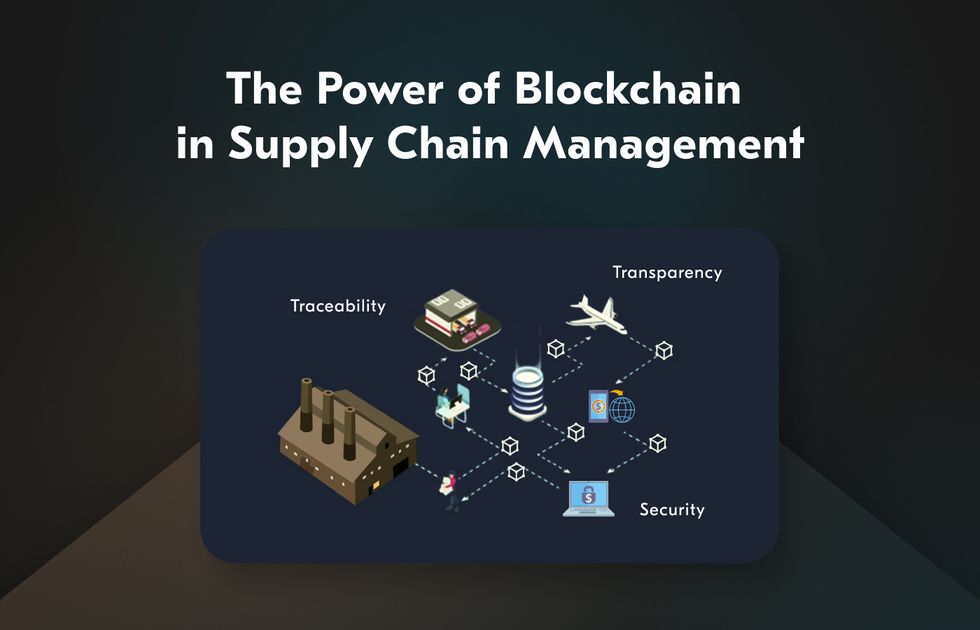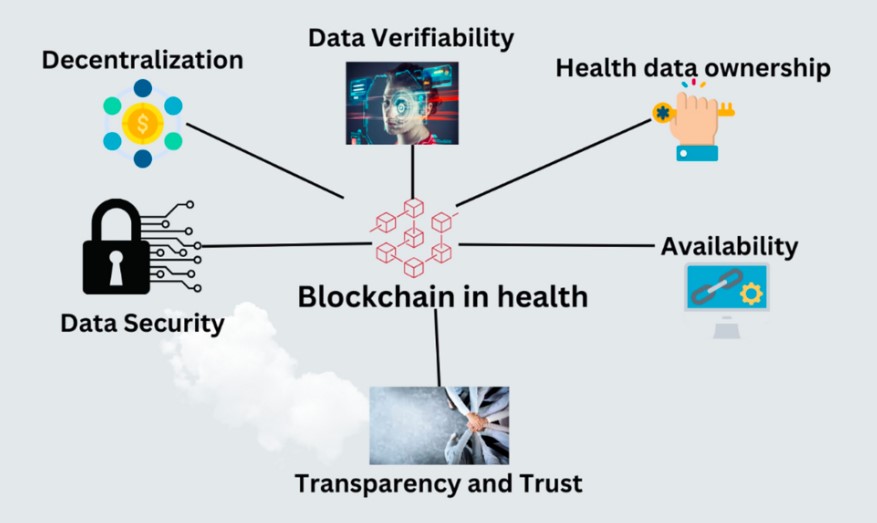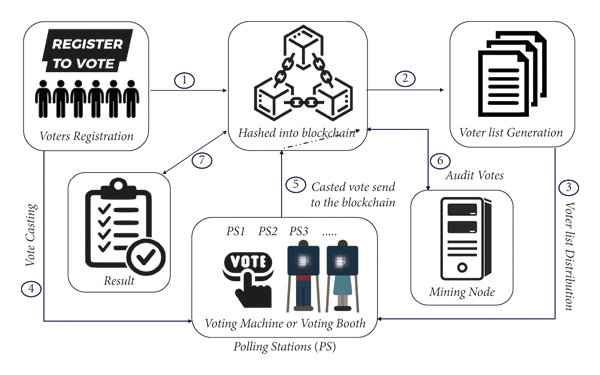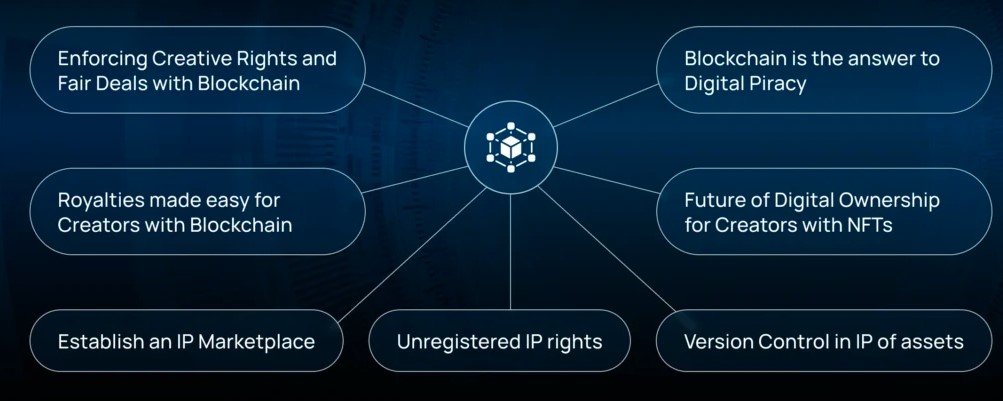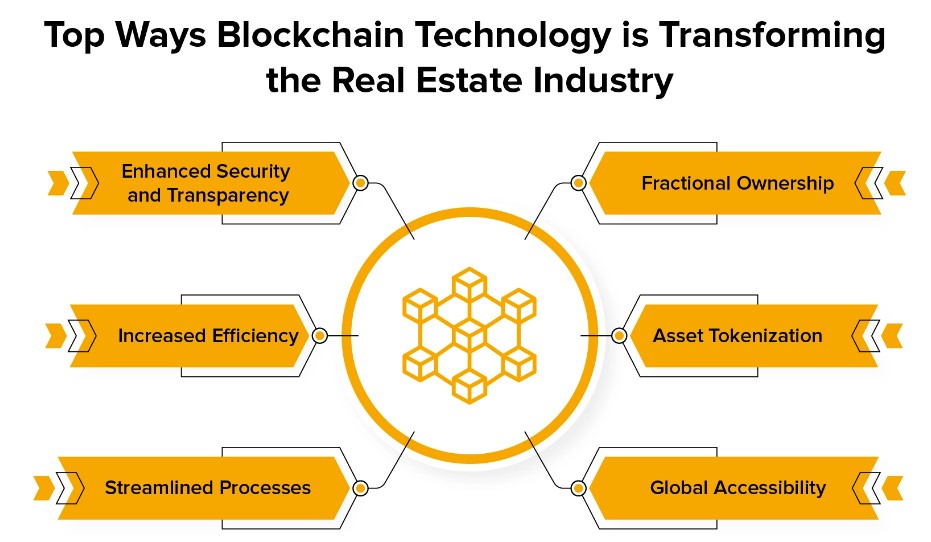5 Real-World Applications of Blockchain Beyond Cryptocurrency

When most people think of blockchain, they immediately think of Bitcoin and other cryptocurrencies. However, blockchain technology has far-reaching applications beyond digital currencies. Its unique features—decentralization, transparency, immutability, and security—make it ideal for many industries. Here are five real-world applications of blockchain transforming sectors from supply chains to healthcare.
1. Supply Chain Management
Blockchain is revolutionizing supply chain management by providing transparency and traceability. Traditionally, supply chains are complex networks involving multiple parties, making it difficult to trace a product’s origin, authenticity, and journey from manufacturer to consumer. With blockchain, every transaction is recorded in a transparent, unchangeable ledger, making it easy to track goods throughout the supply chain.
- Use Case Example: Companies like IBM and Walmart have implemented blockchain to trace food products from farm to shelf. This helps identify and address issues in real-time, reducing waste and ensuring food safety.
2. Healthcare Data Management
Data management is crucial for patient safety in healthcare, but storing and sharing sensitive health information is challenging due to privacy concerns. Blockchain technology can improve data security by storing patient records in a decentralized, encrypted ledger, accessible only to authorized individuals. This ensures data integrity and privacy, streamlining the sharing of health information across providers while reducing the risk of data breaches.
- Use Case Example: Projects like MedRec use blockchain to manage patient records securely, enabling a unified patient history and better care coordination. Patients have more control over their health data, deciding who can access it and for how long.
3. Voting and Governance
Blockchain can potentially transform voting systems, making them more secure and transparent. Traditional voting systems are vulnerable to tampering and often lack transparency, leading to trust issues among voters. Blockchain’s immutability and transparency ensure that votes are accurately recorded and verified. Additionally, it enables remote voting, potentially increasing voter participation.
- Use Case Example: In 2018, the U.S. state of West Virginia piloted a blockchain-based voting app for overseas military personnel. The technology allowed for secure and tamper-proof voting, increasing access and confidence in the electoral process.
4. Intellectual Property and Digital Rights Management
In the digital age, protecting intellectual property (IP) and ensuring fair compensation for creators can be challenging. Blockchain can solve this by enabling transparent, verifiable ownership records for IP, such as music, art, and written works. Through smart contracts, creators can set terms and receive payments automatically, eliminating intermediaries and reducing piracy.
- Use Case Example: Platforms like Audius and Mycelia use blockchain to empower artists to distribute their music directly to fans, ensuring fair compensation and transparent ownership of digital assets.
5. Real Estate Transactions
Blockchain simplifies real estate transactions by reducing paperwork, minimizing fraud, and enabling quick and secure property transfers. In traditional real estate transactions, buyers, sellers, banks, and legal entities must navigate through significant paperwork and verification processes. Blockchain streamlines this by creating a secure, digital ledger of property ownership, liens, and other relevant information.
- Use Case Example: Propy, a blockchain-based real estate platform, allows users to buy, sell, and record property transactions securely. This improves transaction speed, reduces costs, and minimizes errors, making real estate transactions more efficient and trustworthy.
Conclusion
Blockchain is proving to be a game-changer across various industries, well beyond cryptocurrency. Its applications in supply chain management, healthcare, voting, digital rights, and real estate showcase how versatile and transformative this technology can be. As more industries adopt blockchain, we’re likely to see further innovations that enhance efficiency, transparency, and trust. Embracing blockchain now could provide a competitive edge and open up new possibilities for businesses and individuals alike.
Stay tuned for more insights as blockchain technology continues to evolve and reshape industries worldwide.

